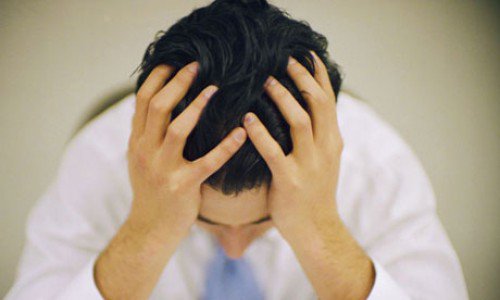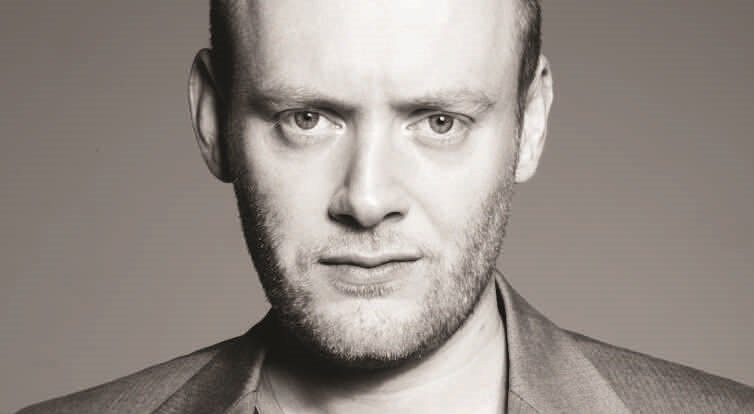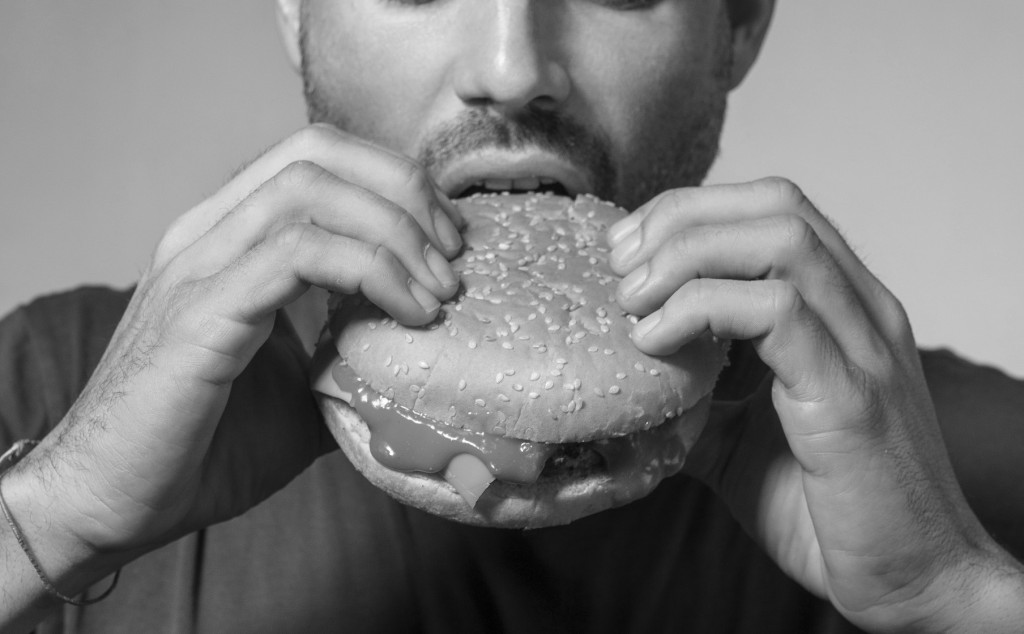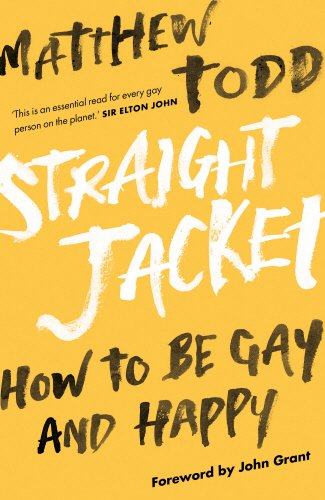Matthew Todd | New Year’s resolutions and pressing ‘the f**k it button’
By Will Stroude

The beginning of a new year naturally feels like an opportunity to make change in our lives. It might be exercising more, drinking less, stopping comparing ourselves to others on social media, perhaps, or more serious aims like addressing riskier sexual behaviour or using dangerous drugs, something which we know gay/bi men statistically use more than any other group in society, for complicated reasons.
Making new years resolutions is easy. But why is sticking to them so hard?
Maintaining lifestyle changes takes effort and determination. But some things come down to making hard decisions in the moment, like, for instance, having a soft drink instead of another pint. These decisions can be hard to make even with the best will in the world. In the moment we just see the pleasure flashing away in front of us like a neon sign and not the raging hangover we’ll have or, perhaps, the trip to get PEP treatment (the month long course of emergency drugs you can take up to 72 hours after possible exposure to HIV) if we’ve ended up drunkenly sleeping with someone and not used a condom.
We’ve all had that voice in our heads that says ‘I really should go home, I have work tomorrow’; or ‘I really shouldn’t take that drug, it’s dangerous’; or ‘I really shouldn’t download Grindr again because I have a boyfriend’. Lots of people learn from previous mistakes, listen to that voice, act on it and do the responsible thing. But ‘compulsion’ overrides the part of the brain that knows the right thing to do. Even though we may have made this mistake before, it makes the urge to ‘use’ seem like the best idea in the world. It makes us think, ‘Fuck it! To hell with the consequences – I’m going to do this.’
In ‘recovery’ language this is called ‘pressing the fuck-it button’. It’s the psychological override moment where you decide to ignore your common sense or your own personal moral code and do it anyway:
‘Fuck it, I’ll have another drink and worry about the fact I’ve got to be up for work tomorrow.’
‘Fuck it, I’m trying to lose weight but I really want that piece of cake.’
‘Fuck it, I’m having a great time, I’ll take that line.’
‘Fuck it, this is so hot, I won’t use a condom this one time . . .’

Pressing the fuck it button feels as though it’s dissolving the potential consequences of our actions. But it is an illusion. It dissolves the consequences in that moment – but those consequences are still there, suspended, waiting to crash back in as soon as the drugs wear off. The next day we wake up full of regret. We feel frustrated that we did something we told ourselves we wouldn’t do. If we do this often we can eventually find ourselves in what therapists call ‘the cycle of addiction’. This is where we end up in a seemingly never ending loop of not feeling great but doing the thing again and again. Using the example of binge drinking: we might drink because we are anxious. The alcohol temporarily makes the anxiety go away. Then we wake up feeling hungover and worried about what we did the night before which creates even more anxiety and a desire to drink again – and so the cycle starts again.
If we don’t break the cycle, over time, we can need more and more alcohol – or drugs or food or watching porn for hours on end, for example – to make those anxious feelings go away. If this has become a pattern it can seriously affect how we feel about ourselves. If we have underlying self esteem issues – and considering what many of us go through growing up, many LGBT people do – it can confirm the messages we might have absorbed as kids: that we are not good enough or even that we are fundamentally flawed human beings.
This is called ‘false evidence’ and it is part of a subconscious self-destructive pattern of making ourselves feel worse. When we feel bad we can use every mistake or slip-up – even the tiny ones that every human being makes – as further evidence that we are bad people.
This of course makes us want to escape these feelings even more.
It’s worth, then, if you are struggling with keeping your new years resolutions, just thinking about whether if there is anything going on underneath. There might not be. It might just be lack of motivation or that you’ve changed your mind. It’s all good. It’s important to not criticise yourself if you struggle to maintain your ideals. But if the behaviour you have is having a more serious negative impact on your life; such as drinking to blackout or if you have woken up not knowing what’s happened to you whilst you’ve taken drugs, then it’s important to consider more serious action.

In big cities like London there is more and more support available for anyone who has a problematic relationship with drugs and alcohol such as Antidote at London Friend and 56 Dean Street and there are groups such as Pat Cash’s ‘Let’s Talk About Gay Sex and Drugs’ and Simons Marks’ ‘A Change of Scene’ (both on Facebook) which offer a platform to discuss these issues in a social way. There are also LGBT specific meetings of groups such as Alcoholics Anonymous, Crystal Meth Addict Anonymous and Sex Addicts Anonymous.
There are lots of different choices. You can call some of the numbers below to discuss it. More and more of us are on a journey of trying to address the residual anxiety caused from growing up with societies legacy of gay shame. It takes effort to untangle these issues but it is possible and one thing is for sure; you are not alone. And if you are just someone who is simply aiming to go for a run to work off those mince pies more regularly, then good for you, keep at it, you can do it!
Antidote LGBT Drugs and Alcohol Service, London, can give advice over the phone Monday to Friday on 020 7833 1674.
Switchboard 0300 330 0630 (10am to 10pm) can give LGBT+ people advice and put you in touch with local services – switchboard.lgbt
56 Dean St offers advice regarding drug use – dean.st
LGBT Foundation Manchester – lgbt.foundation
Matthew’s book Straight Jacket: How to be Gay and Happy is out now and is available from all good bookshops and from amazon.co.uk.

More stories:
Is your drinking taking a toll on your mental health?
Will Young admits ‘gay shame’ left him addicted to porn and alcohol
